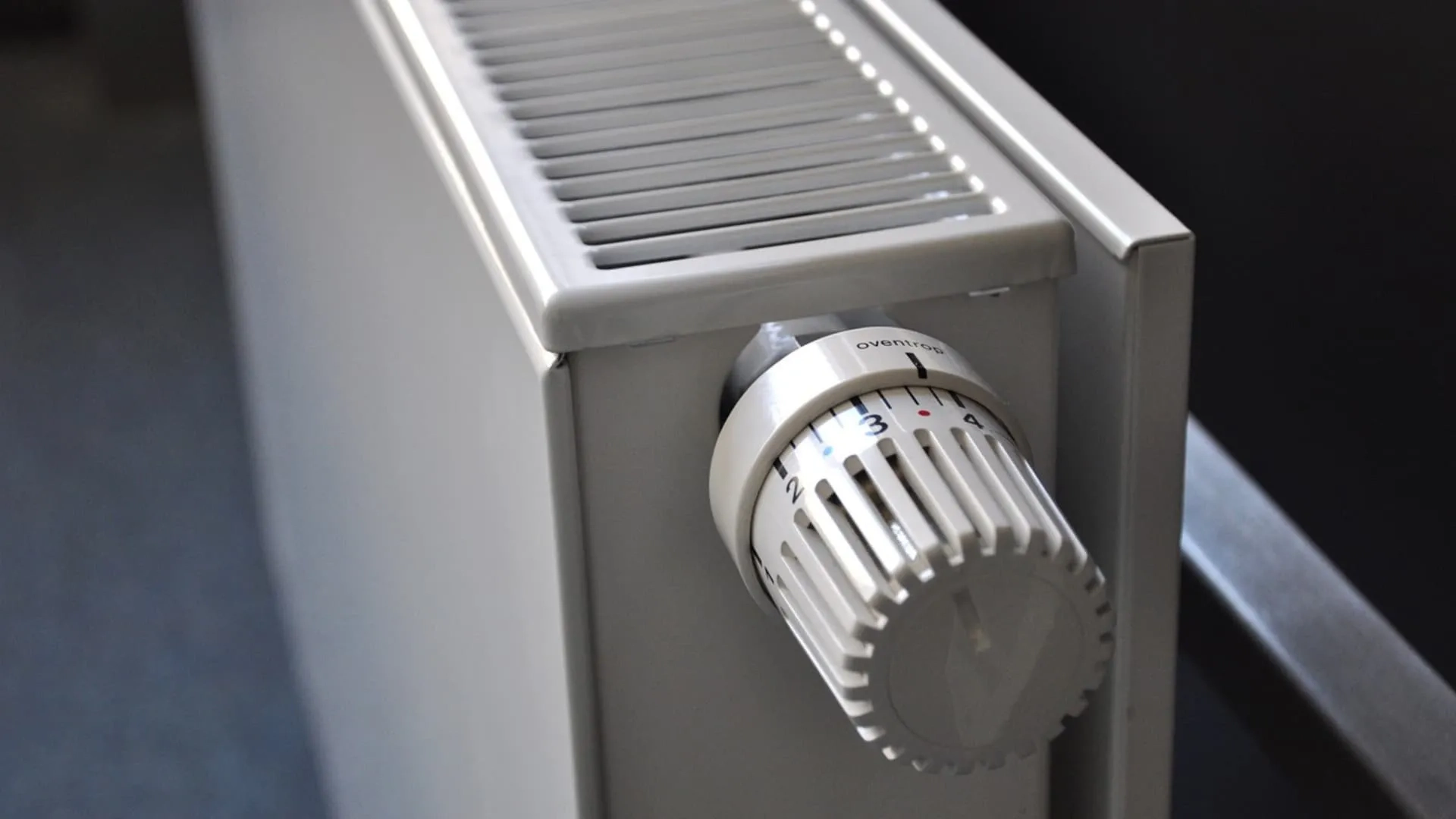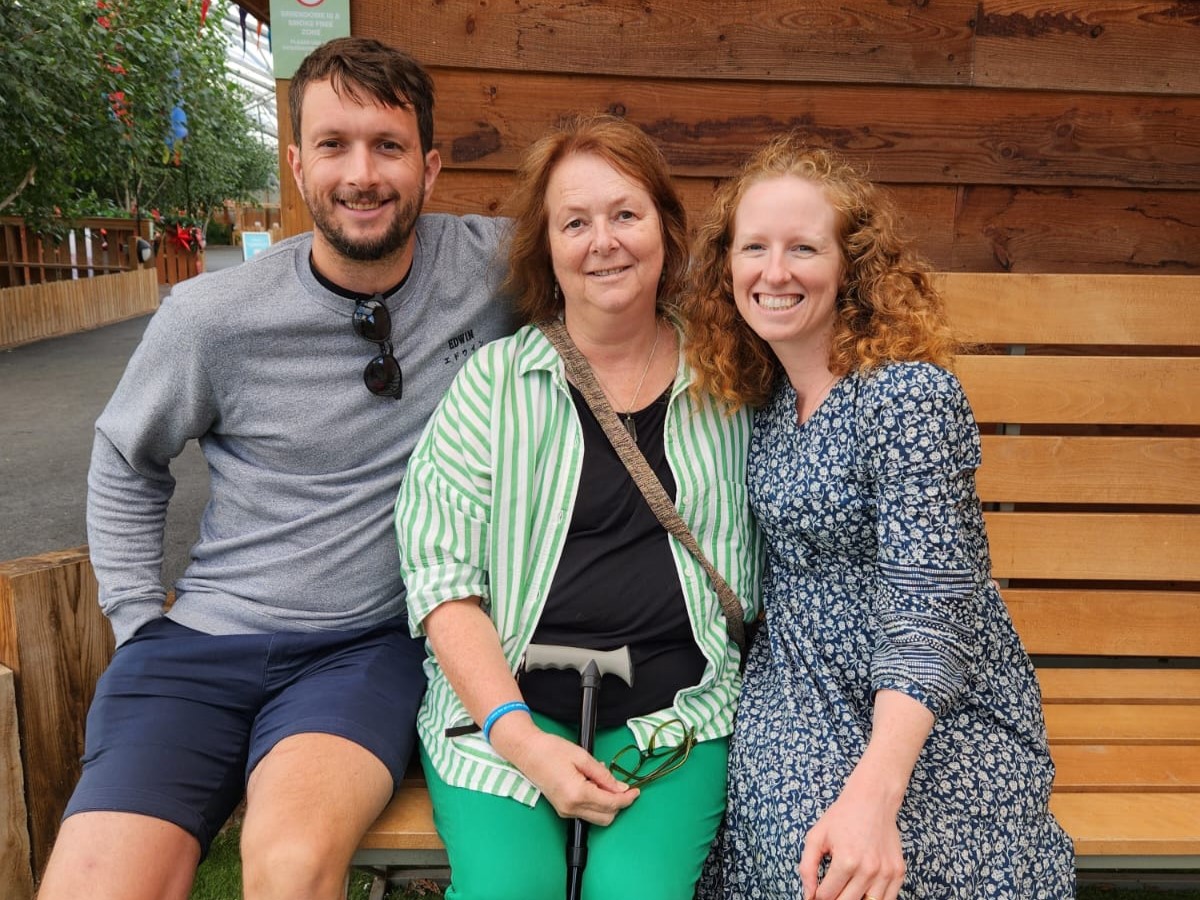Living with MND is tough enough without having to choose between life's essentials
More and more people living with MND are reaching out for help, struggling to make ends meet as they cope with the combined challenges of their diagnosis and the cost of living crisis.
In 2024 we received 7,300 grant requests – an increase of 2,200 on the year before. In 2024 we gave £3.4 million in grants – an increase of £1 million.
Could you help support people living with MND who face rising costs?
Diana's story
Diana was diagnosed with motor neurone disease after a long journey of scary symptoms, inconclusive tests and draining appointments. After her diagnosis, she had no choice but to retire early from a job she loved, as simple tasks became more and more challenging.
Finances were a huge worry for Diana - living alone her retirement meant she would lose her main household income, and MND brings additional costs too.
But thanks to people like you, she was able to access grants from the MND Association, like the Cost of Living Support Fund.
"The colder weather worsens my symptoms, so knowing I can put the heating on if I need to is a big relief. The grant has also helped me afford the basic meals I need. Preparing food safely is often a challenge due to my MND so I tend to buy ready meals. I also can’t get to the shops very easily now so the shopping has to be delivered, which really adds up.
The Cost of Living Support Fund helped give me the freedom to focus on what matters.
Without it, I may have faced the tough choice of choosing between heating and eating."
Diana, who is living with MND
For many people affected by this cruel disease, the financial strain of MND remains a constant worry.
People living with MND shouldn't face having to choose between heating their home, or paying for essential groceries, so please help today.
How your support helps
Financial support grants
The MND Association offers a range of financial support grants to people living with and affected by MND. These include:
- Cost of Living Support Fund
- MND support (care) grants
- Quality of life grants
- Carer's and young carer's grants
- Children and young person's grants
Thanks to kind donations from people like you, we’ve been able to increase the amount that each person can apply for from £350 to £500 in our Cost of Living Support Fund. This extra support is already making a real difference to people living with MND, helping them manage the rising costs of essentials like food and energy.
However, the demand for financial help continues to grow. This is why we urgently need your support. Every donation helps more families who are facing impossible choices.
Benefits Advice Service
Claiming benefits can help ease the financial strain of living with MND, but this can be a daunting process for many people. The MND Association Benefits Advice Service, in partnership with Citizens Advice Cardiff & Vale, offers free advice by phone, email, and web chat helping people navigate the process, appeal decisions, and complete forms.
In 2024, the service helped people claim over £3.7m in benefits. This is another way we help people living with MND manage their finances, but to continue providing vital services like this, we need your support.
MND Connect helpline
Our MND Connect helpline offers information and support to anyone affected by MND. If you, or someone you know, need to speak to someone for support or information, the team are here to help. You can call for free on 0808 802 6262. The lines are open Monday to Friday from 9am to 4pm. You can also email mndconnect@mndassociation.org
Our ‘Through the Roof’ report was written following a survey to understand the impact of the cost of living crisis on people affected by MND. The findings showed many people living with MND are unfairly affected by the cost of living crisis and face agonising choices between their health and basic needs.
"Mum has been helping me top up the gas meter to keep my husband warm because no amount of extra blankets will do it. He needs a baseline warmth in the house."
"I’m struggling. Never claimed a benefit in my life. Don’t know where to turn. Had no income since last November and I’m really struggling with normal household bills."
"The rocketing energy cost means we don’t have the heating on as much as my husband needs to keep comfortable."
Quotes collected as part of MND Association (2023) Through the Roof Report.

